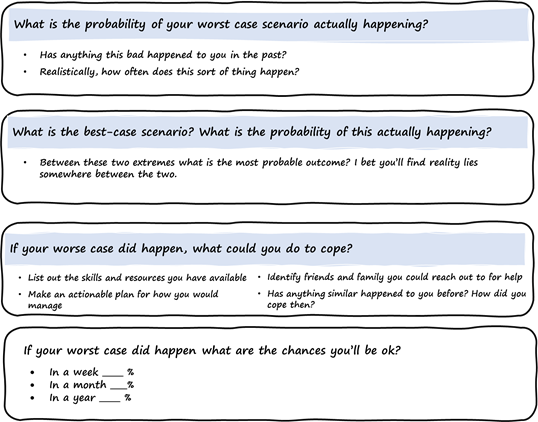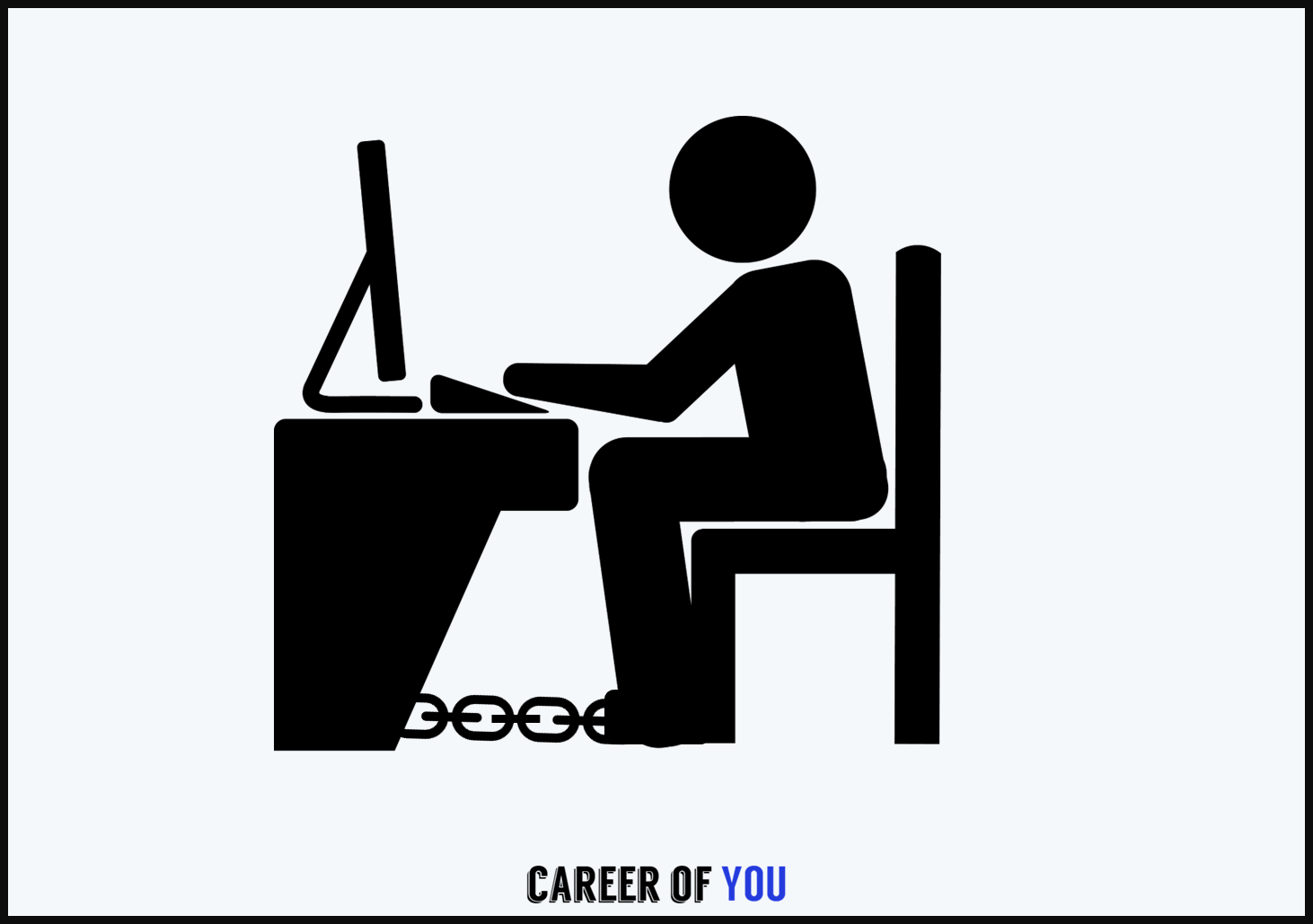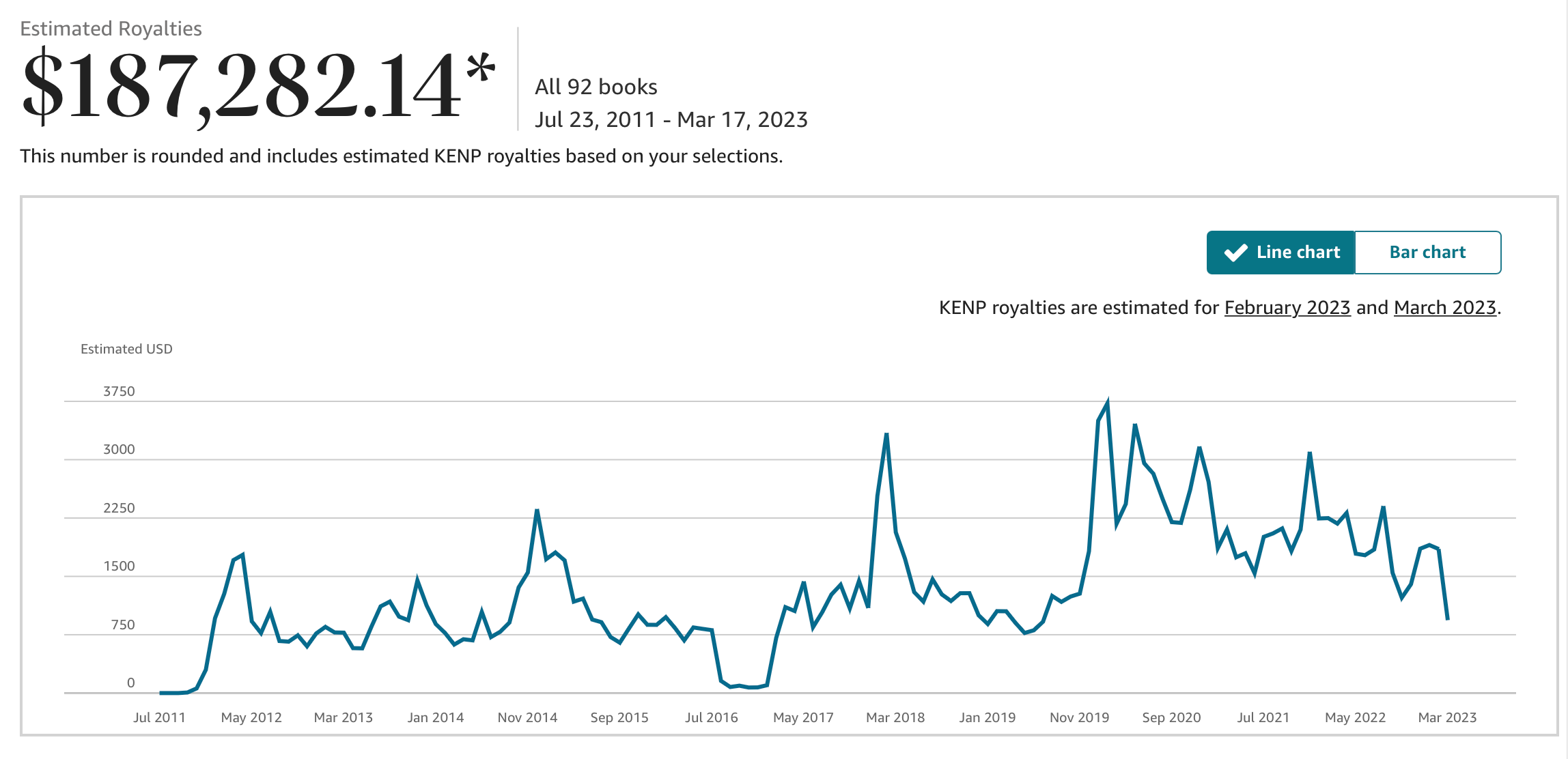“Will I lose my job in the near future?”. Living with the fear that you could lose your job at any moment has become a real concern for many people.
Having accepted a new job two months ago, I’ve been told my job is ‘at risk’. Not knowing if I will be able to pay my bills in a few month’s time, has made settling into a new job incredibly challenging.
Living with job uncertainty, takes a more significant toll on your health than actually losing your job
Psychologists rank job uncertainty as one of the most prominent workplace stressors. And the list of negative consequences is long. It is associated with loss of self-esteem and is a major cause of anxiety and depression. People tend to exercise less, drink more, smoke more, and get less sleep.
The psychological impact of living with uncertainty is revealed in a fascinating British study. Researchers discovered that participants who knew for sure they would receive a painful electric shock felt calmer and less agitated than those who were told they only had a 50% chance of getting the electric shock.
In short, living with job uncertainty takes a much greater toll than actually losing your job
So if job insecurity is the new normal, what can we do about it?
Wanting to know how I could live with the anxiety that I might lose my job at any moment; I scoured the internet for advice. If you’re living with the fear that you might lose your job any time soon, I hope you find the following useful.
1) Distinguish between ‘real-event worry’ and ‘hypothetical worry’– Real event worries are problems which you can act on, alleviating some of the anxiety they induce. Hypothetical worries are about things which MIGHT happen in the future. When you notice you are worrying ask yourself ‘what is the worry about?’ Is it a hypothetical situation, one that you cannot do something about? Or is it a current problem that you can do something about? If it is a hypothetical worry, then put the worry aside. If the worry is a current problem that you can do something about, then develop a plan to manage the issue.

2) Don’t just imagine the worst-case scenario — It’s particularly important not to believe thoughts that argue for the worst-case scenario. When you believe these thoughts, you tend to react emotionally as though the worst case is already happening in real life. Psychologists call this catastrophising, overestimating the likelihood or consequences of your worst fears. It is the most common reaction we have to uncertain situations. If you find yourself thinking like this, ask yourself the following:

3) Take your thoughts to court — When dealing with distressing thoughts it is helpful to look for evidence for and against the thought, shifting your focus from ‘what ifs’ to ‘what is’. Something I find particularly helpful, is putting my thoughts on trial. I know this sounds a little strange, but bear with me. In this exercise the defence tries to find evidence that the thought is truthful, whereas the prosecution seeks to do the opposite. The judge then looks at the evidence (not the opinions) and delivers a rational, realistic closing statement. Focusing on facts not fears is a really powerful way of shifting your thinking.

4) Postpone worrying — Excessive worrying is not preparation. Worrying about things that are too far in the future to predict with any accuracy, like whether you will be fired, doesn’t have any cognitive benefits. Instead, pratice worry postponement. Schedule a period of time when you will address your worries. If a worry occurs before this period, note it down, and remind yourself, that you can’t make this decision now, and you’ll think about it in x number of days. Postponing worrying in this way can be really helpful as it breaks the habit of dwelling on worries and increases your ability to tolerate uncertainty.
5) Find small escapes – Rather than focusing on an uncertain future, find absorbing activities that can keep you focused in the here and now, and re-direct your attention. Choose things that require all of your attention like writing, painting, puzzling, playing an instrument, or a challenging physical activity. This will help you calm down, stop you thinking about other things and force you to focus on what you’re doing. If you’re really in a bad way, switch on the TV and lose yourself in an engaging show.
Fears are not facts
Life is full of unexpected obstacles and difficult circumstances. If you are living with the fear of job loss, I am sorry as I know how stressful it is. It is important to remember that fears are not facts. How many times in your life has a situation not been as bad as you thought it would be?
Living with job uncertainty is far from ideal. But it is just one job. If you continue to develop your skills, and maintain a positive attitude throughout, you will be going a long way to future proofing your career. Part time philosopher, full time rapper Lil Wayne put it well
“I don’t need it to be easy, I just need it to be worth it”.





